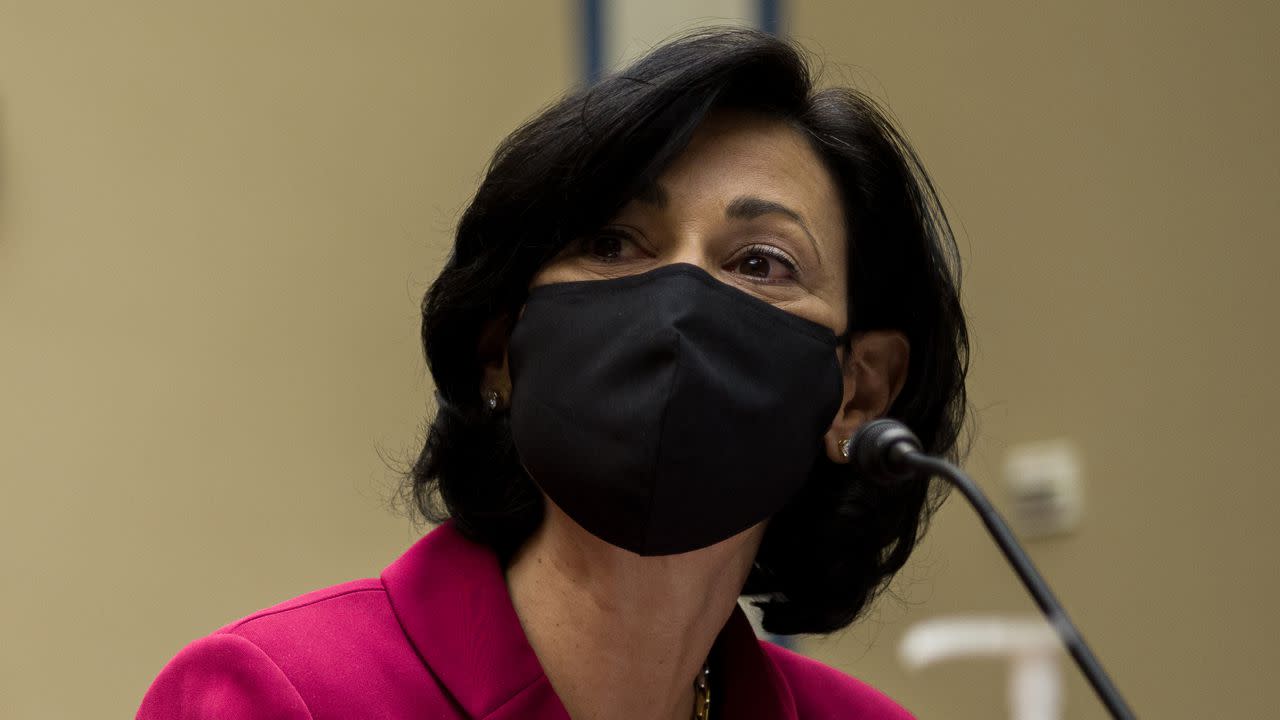
The Telegraph
Moderate drinker? Your risk of a heart attack is less than a teetotaller’s
People who have one or two drinks a day have a 20 per cent lower chance of suffering a heart attack than those who are teetotal, a study has found. Scientists have discovered that moderate drinking – equivalent to one drink a day for women and two for men – may help the heart by dampening stress-related signals in the brain. The research, presented at the American College of Cardiology's annual meeting, is based on the healthcare records of more than 53,000 people. Despite the apparent good news for moderate drinkers, scientists stopped short of calling for people to turn to alcohol to reduce stress, pointing to other negative side effects, and advised other forms of therapy such as yoga. The study participants were divided into those who described their self-reported alcohol intake as low – less than one drink per week, moderate – one to 14 drinks – or high, at more than 14. Around 15 per cent experienced a major adverse cardiovascular event, with 17 per cent in the low alcohol intake group and 13 per cent in the moderate intake group. Some of these patients underwent brain scans to measure activities in regions associated with stress such as the amygdala and the frontal cortex. Findings showed that, compared with low or no alcohol intake, those who reported drinking in moderation had a 20 per cent lower chance of experiencing a major cardiovascular event and lower stress-related brain activity. Alcohol boosts the brain-heart connection Dr Kenechukwu Mezue, a fellow in nuclear cardiology at Massachusetts General Hospital and the study's lead author, said: "We found that stress-related activity in the brain was higher in non-drinkers when compared with people who drank moderately, while people who drank excessively had the highest level of stress-related brain activity. "The thought is that moderate amounts of alcohol may have effects on the brain that can help you relax, reduce stress levels and, perhaps through these mechanisms, lower the incidence of cardiovascular disease. "The current study suggests that moderate alcohol intake beneficially impacts the brain-heart connection. However, alcohol has several important side effects, including an increased risk of cancer, liver damage and dependence, so other interventions with better side effect profiles that beneficially impact brain-heart pathways are needed." Previous research has indicated that moderate drinking could slow cognitive decline, protecting against dementia. A paper by the University of Georgia last year found that people who enjoyed a regular drink – up to two a day – were a third less likely to have decreased cognitive function compared to teetotalers. Another preliminary study presented at this month's American College of Cardiology conference, showed that young and middle-aged adults who reported severe psychological distress such as depression after recovering from a heart attack were more than twice as likely to suffer a second cardiac event within five years than those experiencing only mild distress. The findings from the observational study are based on health outcomes in 283 heart attack survivors aged 18 to 61. Dr Mariana Garcia, a cardiology fellow at Emory University in Atlanta and the study's lead author, said: "Our findings suggest that cardiologists should consider the value of regular psychological assessments, especially among younger patients."
Health - Latest - Google News
May 06, 2021 at 09:53AM
https://ift.tt/3nS8Qk1
CDC chief says adolescents vaccinated against COVID can remove masks outdoors at camps - Yahoo News
Health - Latest - Google News
https://ift.tt/2zrj9Ud
Bagikan Berita Ini















0 Response to "CDC chief says adolescents vaccinated against COVID can remove masks outdoors at camps - Yahoo News"
Post a Comment